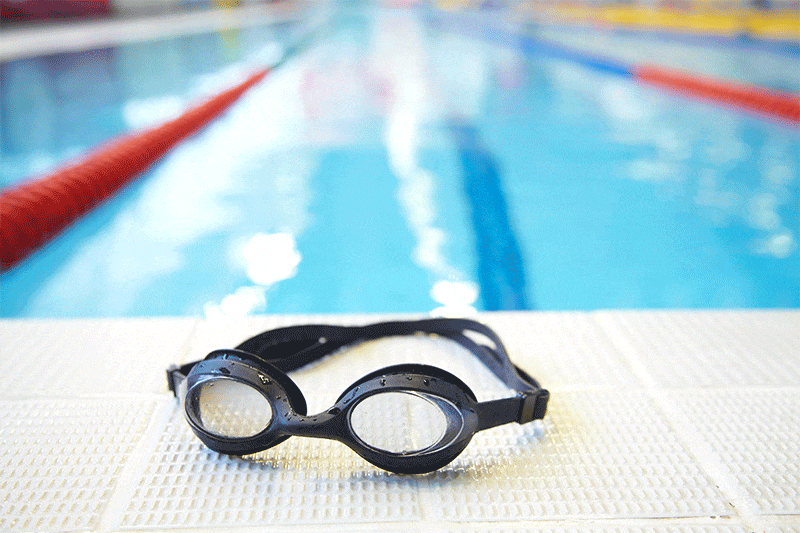Indoor Pool Humidity Issues for Hotels
Indoor hotel pool rooms present a unique HVAC challenge because of all the water that evaporates from the pool. Condensation – which happens when your indoor pool humidity levels are too high – is a big problem. And, not just for the pool itself, but for the building materials and indoor environment as well. To help ensure you get the most out of your hotel’s indoor pool, you need to get the dampness under control. Here are some issues that can occur from excessive indoor pool humidity and how to solve them.
Issues Caused by Indoor Pool Humidity
Indoor pools are open for swimming all year round. It’s what makes them so popular in Maryland and the Washington, D.C. metro area. Ho wever, large hotel indoor pools are a delicate system. In addition to regular pool maintenance, like cleaning, you also have to keep humidity levels in check. Here’s why.
wever, large hotel indoor pools are a delicate system. In addition to regular pool maintenance, like cleaning, you also have to keep humidity levels in check. Here’s why.
When moisture levels rise, a number of problems can occur. For one, humid conditions can create an uncomfortable environment. Besides a feeling of discomfort, moisture supports the growth of mold. When allowed to grow inside your indoor pool area, this fungus can cause major health issues. Those who suffer from allergies, asthma and other respiratory conditions are most affected. Plus, mold can damage building materials.
Additionally, excessive humidity can speed up the deterioration of surfaces due to water damage. For instance, when water is allowed to condensate on windows, it can damage the wood trim. Soon enough, you may notice the wood starting to rot. Dampness can also corrode metal and concrete.
Prevent your building materials from being eaten by mold, rot, and corrosion. Invest in an efficient dehumidifying system for your pool area.
Why You Need an Indoor Pool Dehumidifier
Air distribution is an important factor in the design of your indoor pool environment. That’s why a well-built HVAC system should include a commercial-grade swimming pool dehumidifier. Think of this piece of equipment like a large air conditioner. Both take warm, moist air and funnel it through cooling coils. As a result, water is removed from the air. But, instead of cooling the environment, dehumidifiers expel warm, dry air.
In your indoor pool area, an effective dehumidifier will remove moisture from the air. In return, guests will experience a comfortable environment free from excess dampness. Your building materials will also be in the clear once you have the humidity under control. And, best of all, you’ll start to notice improvements in the indoor air quality of your pool area.
Need a New HVAC Design?
As a hotel operator or owner, it’s your job to make sure your indoor pool environment is safe and comfortable. If you notice foggy windows, rotting materials or general stuffiness, give The Severn Group a call. We’ll take the time to design and build an HVAC system that addresses your indoor pool humidity concerns. Contact us today to learn more.
